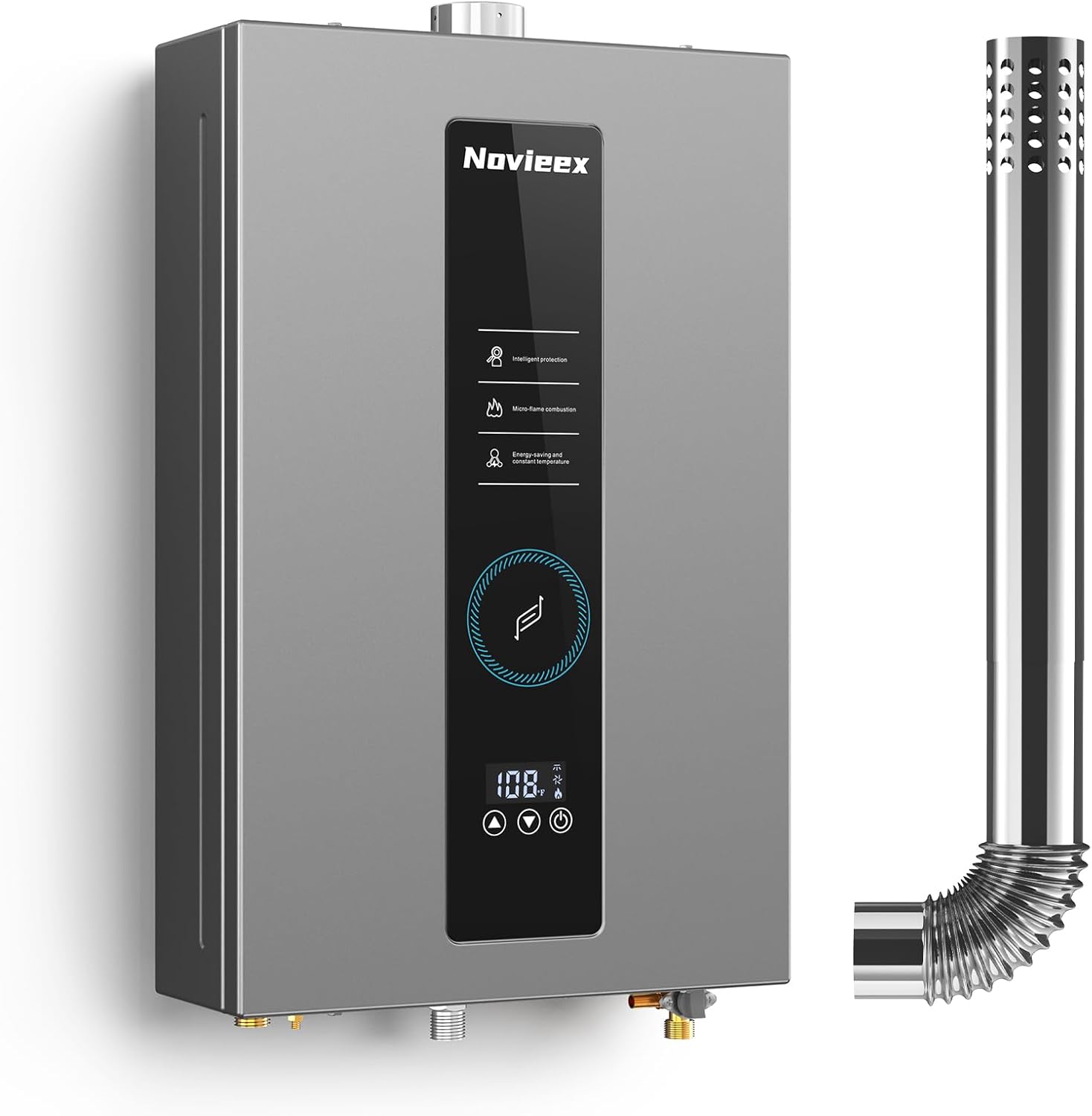Yes, a landlord in California can provide a space heater as a heating source, but it must comply with local safety standards and tenant rights regulations.
California law requires landlords to provide adequate heating in rental units, but many tenants wonder if portable space heaters meet legal requirements. This guide explains tenant rights, landlord obligations, and proper heating solutions under California housing codes.

California Heating Requirements for Rental Units
State law mandates that all rental units must have a permanent heating system capable of maintaining at least 70°F in habitable rooms. This requirement applies regardless of building age or landlord opinions about weather conditions.
Key Legal Requirements
- Permanent heating system required (not temporary space heaters)
- Must maintain 70°F at 3 feet above floor level
- 24-hour heat required in most units (13 hours in residential hotels)
- Hot water must exceed 110°F at all times

Why Space Heaters Don’t Meet Legal Standards
While space heaters can provide temporary supplemental heat, California housing codes explicitly state they cannot serve as the primary heat source. There are several important reasons for this:
Safety Concerns
Space heaters pose significant fire risks, especially when used continuously. The National Fire Protection Association reports space heaters cause 43% of home heating fires.
Inadequate Coverage
Most space heaters cannot uniformly heat an entire unit to the required 70°F standard. They create uneven temperatures and cold spots.
Energy Efficiency
Permanent systems like built-in gas heaters or central heating are more efficient than multiple space heaters running constantly.
Tenant Rights and Remedies
If your rental lacks proper heating, you have several options to enforce your rights:
Step 1: Document the Problem
Use a thermometer to record temperatures at different times. Take photos showing readings below 70°F with timestamps.
Step 2: Notify Your Landlord
Send a written request for repairs via email or certified mail. Keep copies of all communications.
Step 3: Contact Local Authorities
If the landlord doesn’t respond, file a complaint with your city’s building inspection department. In San Francisco, this is the Department of Building Inspection.
Step 4: Consider Rent Reduction
You may qualify for a rent reduction through a Tenant Petition if heating isn’t restored within 35 days.
Temporary Solutions While Waiting for Repairs
If facing immediate cold conditions while waiting for permanent heating repairs:
Using Space Heaters Safely
If you must use a space heater temporarily:
- Choose UL-certified models with tip-over protection
- Keep 3 feet clearance from flammable materials
- Never leave unattended or use while sleeping
- Consider indoor propane heaters as a more powerful temporary option
Requesting Reimbursement
California law allows tenants to deduct the cost of emergency space heaters from rent if:
- You notified the landlord about the heating problem
- The landlord failed to respond promptly
- You kept receipts for all purchases
Special Considerations for Different Housing Types
| Housing Type | Heating Requirements |
|---|---|
| Standard Apartments | 24-hour heat maintaining 70°F |
| Residential Hotels | 13 hours daily (5-11 AM, 3-10 PM) maintaining 68°F |
| Converted Garages | Must meet same standards as other units |
Utility Billing for Unheated Units
If your unit lacks proper heating but you’re being charged for energy usage:
- Landlords cannot charge for unmetered utilities unless specified in lease
- $100 utility credit in your lease must be honored
- Request actual usage data if disputing charges
For more information on heating systems and alternatives, explore our guide to electric heaters that resemble wood stoves.

